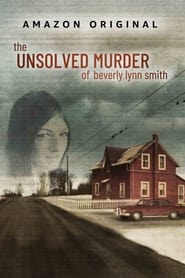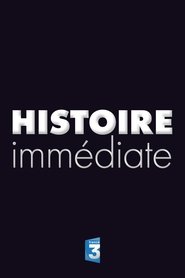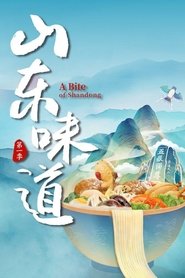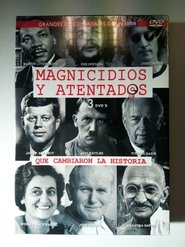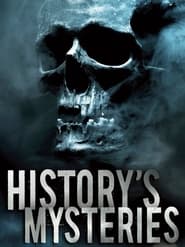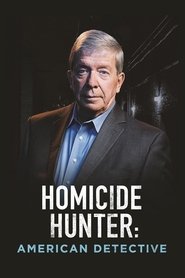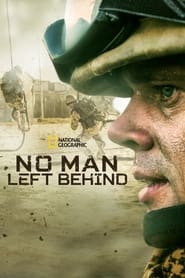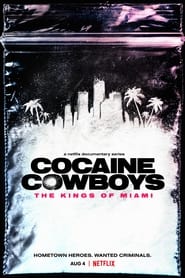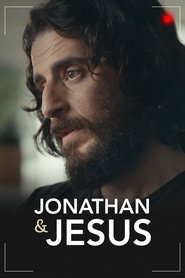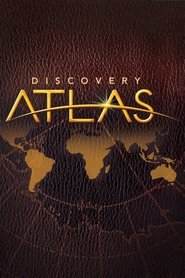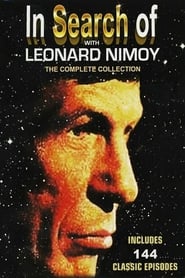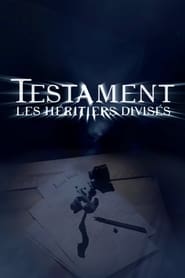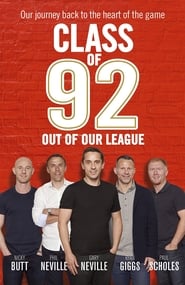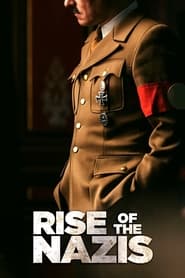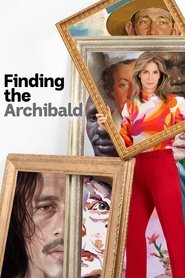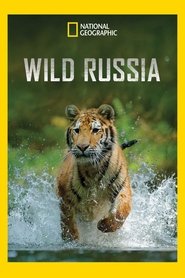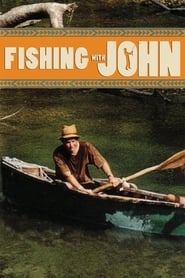Documentary TV Series - Page 110
-
The Unsolved Murder of Beverly Lynn Smith
2022
star 7.6Follows the cold case and controversial investigation into the murder of Beverly Lynn Smith in her home in Oshawa, Ontario. Woven together from first hand accounts, expert interviews, family archives, and rare access to key participants, The Unsolved Murder of Beverly Lynn Smith is an unpredictable tale that explores the unrelenting enigma of ethics and accountability in this provocative criminal case. -
Histoire Immédiate
2011
-
山东味道
2022
-
Universo Valdano
2016
Universo Valdano
2016
star 2Jorge Valdano interviews characters that are already history in the world of soccer. A return to the past with authentic football legends. -
Infamous Assassinations
2012
star 8.2This brand-new and exclusive series takes a closer look at some of the world's most talked-about assassinations and near misses. Always a fascinating and macabre subject, assassinations can damage a nation's confidence, create wars and shock the world. Throughout this series some of the 20th century's most outrageous attempts can, thanks to rare archive footage and reconstructions, be seen first hand and viewers are brought closer to the events than ever before. From the assassinations of John F Kennedy and Mahatma Ghandi, to attacks on royalty, politicians and media celebrities, this series uncovers the real reasons behind these events and how they unfolded. -
History's Mysteries
1998
History's Mysteries
1998
star 6.3History's Mysteries was an American documentary television series on the History Channel. -
Homicide Hunter: American Detective
2021
star 7.8Joe Kenda trades in his own case files to bring viewers astounding investigations from across the country, with each episode featuring a different homicide detective whose tireless efforts helped put a killer behind bars and bring justice for the victim. -
No Man Left Behind
2016
No Man Left Behind
2016
star 3To be trapped behind enemy lines is every soldier’s worst nightmare: a situation they all train for, few experience, and even fewer survive. No Man Left Behind dramatizes the stories of real-life war-heroes whose contribution to the war effort becomes a pure battle for survival against all odds. -
Document 72 Hours
2013
Document 72 Hours
2013
star 7Three days in the life of...Stay in one location for 72 hours, catching glimpses into people's lives as they open up and share. NHK World English Broadcast Version -
Cocaine Cowboys: The Kings of Miami
2021
star 6.6Two childhood friends go from high school dropouts to the most powerful drug kingpins in Miami in this true story of a crime sage that spanned decades. -
Jonathan & Jesus
2024
Jonathan & Jesus
2024
star 7.8To play the role of 'Jesus' on TV (and survive the experience), actor Jonathan Roumie must seek out who Jesus really was, and discover his impact on the world today. -
Discovery Atlas
2006
Discovery Atlas
2006
star 6Discovery Atlas is a documentary television series on the Discovery Channel and Discovery HD Theater which focuses on the cultural, sociological, and natural aspects of various countries by exploring their different peoples, traditions, and lands. The documentary follows the lives and individual struggles of locals, while taking in-depth looks at the countries' history and culture. -
In Search of...
1977
In Search of...
1977
star 8.1In Search of... is a TV series that was broadcast weekly from 1977 to 1982, devoted to mysterious phenomena. It was created after the success of three one-hour TV documentaries produced by creator Alan Landsburg: In Search of Ancient Astronauts in 1973, In Search of Ancient Mysteries and The Outer Space Connection, both in 1975. All three featured narration by Rod Serling, who was the initial choice to host the spin-off show. After Serling's death, Leonard Nimoy was selected to be the host. -
Jounetsu Tairiku
1998
Jounetsu Tairiku
1998
star 7Sunday night TV documentary program that heightens the spirits bringing a positive message to start the upcoming week by showcasing the routine and life of people, both famous and regular, including the bits of joy and struggle that go along into making something special. Scientifics, actors, craftsman and people in all fields share their experience. -
The Will: Family Secrets Revealed
2010
A looks at the most contentious stories of inheritance and an exploration of the family dynamics, legal wrangling and high emotions surrounding real-life stories in a world where grief and greed collide. -
Class of 92
2015
Class of 92
2015
star 4The ex-Manchester United stars known as the Class of '92 are going on a new adventure. They've bought a football club seven tiers down from the Premier League with a dream of taking it up to the top. This new series captures the humour and drama on and off the pitch as Ryan Giggs, Phil and Gary Neville, Paul Scholes and Nicky Butt spend their first season in charge of Salford City F.C, a club run by volunteers with an average gate of 80. With intimate access to the Class of '92, the series captures the closeness of their friendship and their determination to succeed. -
Rise of the Nazis
2019
Rise of the Nazis
2019
star 7.6How did 20th Century Europe's most liberal democracy fall into the hands of fascists? From Hitler's political scheming that turned Germany's parliament into a House of Cards, his War on Truth leading to book burning, and his scapegoating of minorities, this series explores in extraordinary detail the events leading up to the outbreak of World War II. -
Finding the Archibald
2021
As the Archibald celebrates its centenary with an ambitious exhibition; art lover and acclaimed actor Rachel Griffiths embarks on a cultural romp through our most coveted and controversial arts prize. -
Wild Russia
2008
Wild Russia
2008
star 8.1Through unprecedented access we showcase the spectacle that is Wild Russia. From east to west, via mountains, volcanoes, deserts, lakes and Arctic ice, this breathtaking six-part series uses stunning cinematography to chart the dazzling natural wonders of this vast country. -
Fishing with John
1991
Fishing with John
1991
star 7.6Musician John Lurie knows nothing about fishing, but that doesn't stop him from embarking on fishing in exotic locations with friends.
